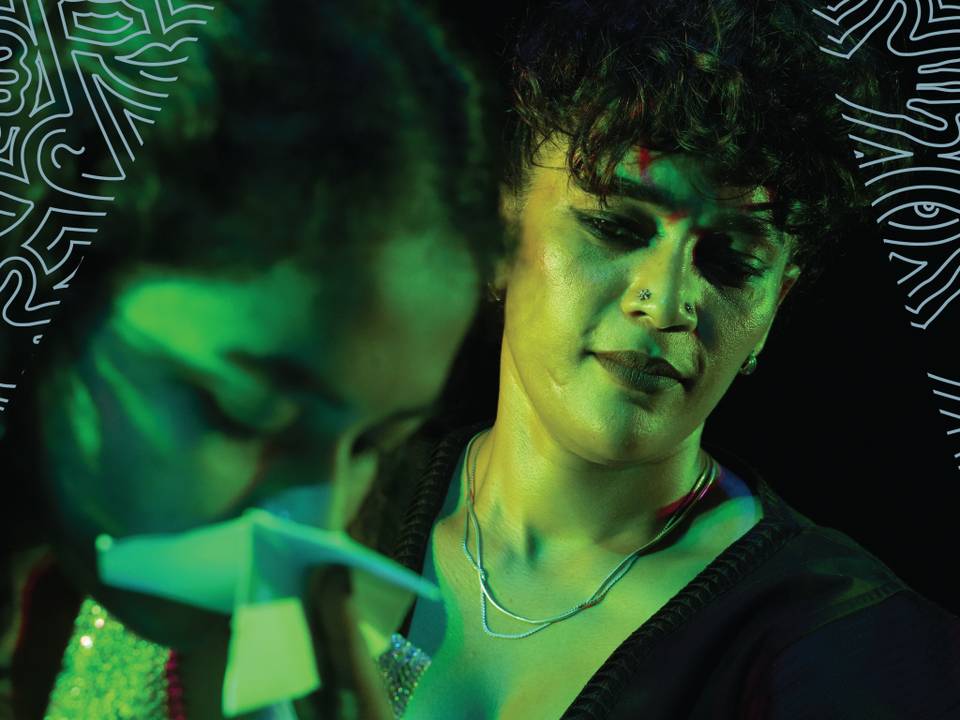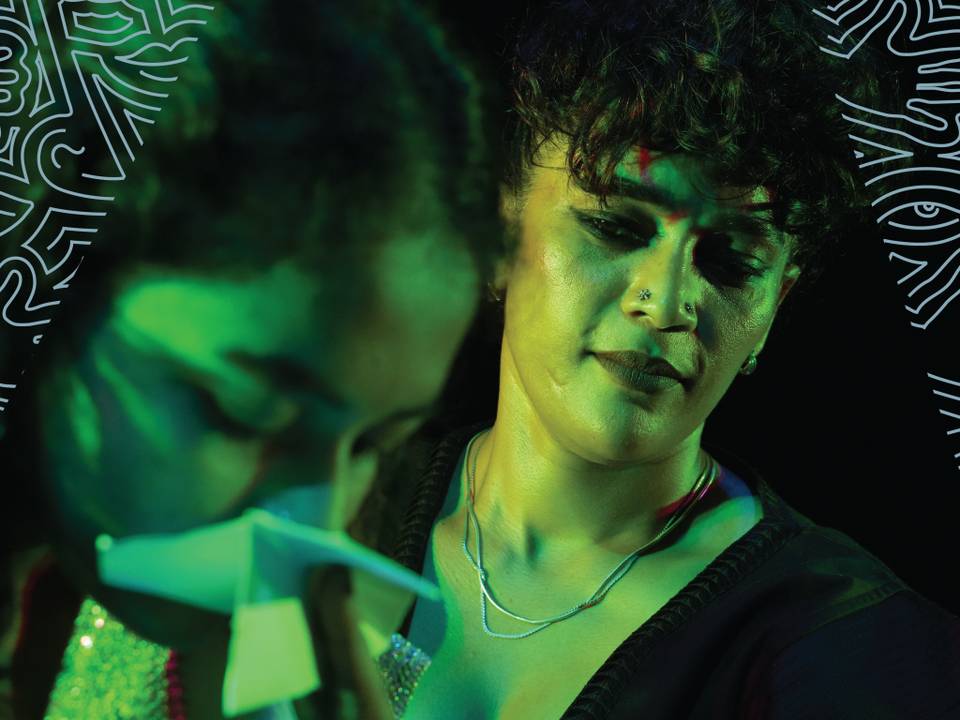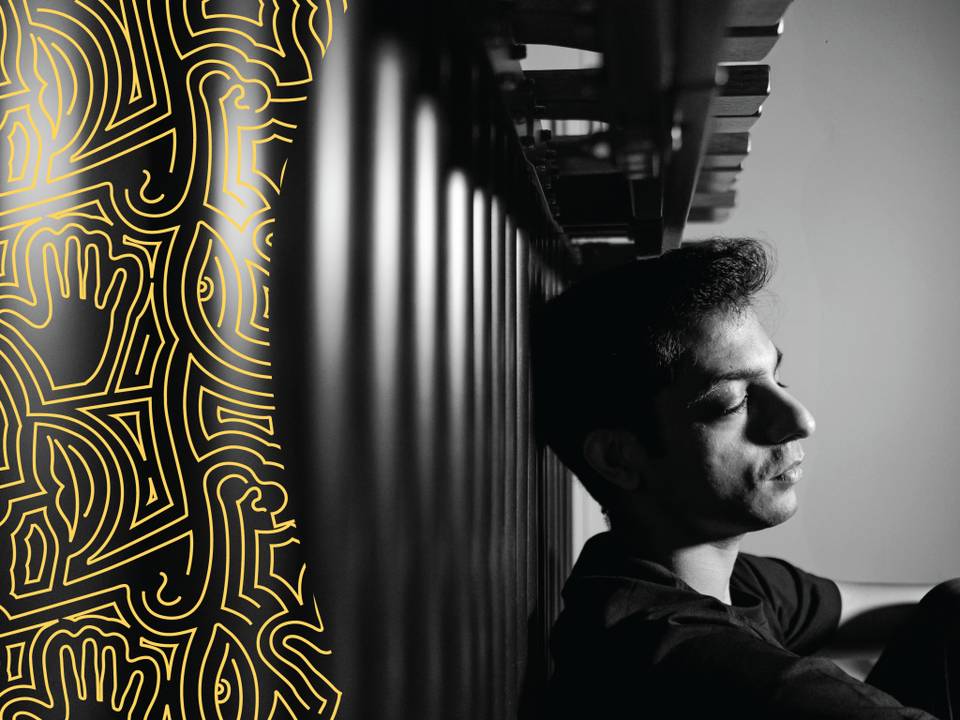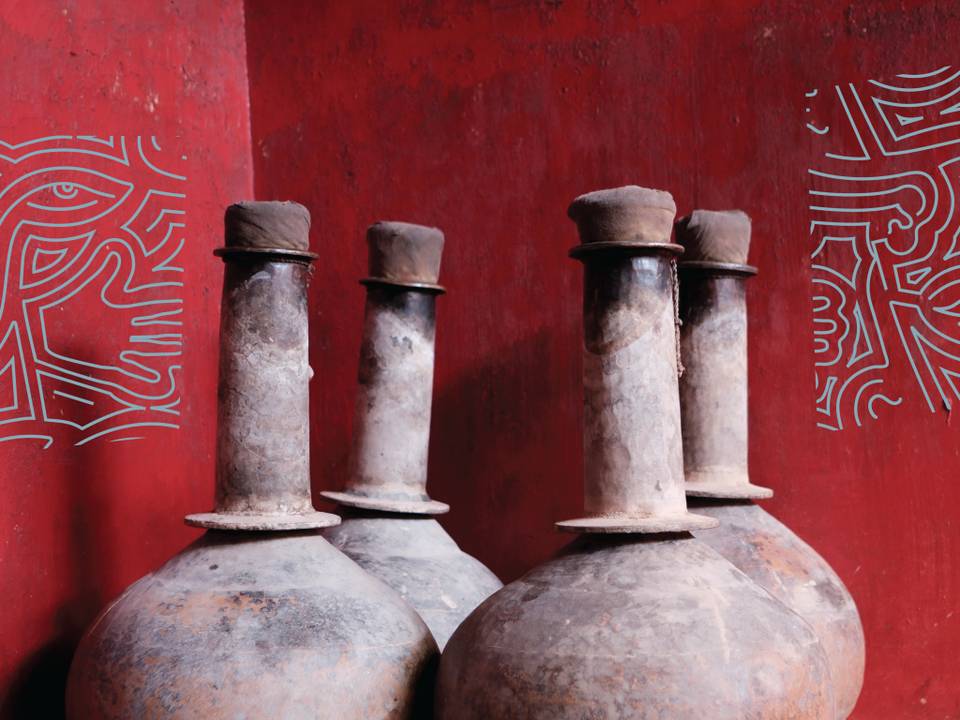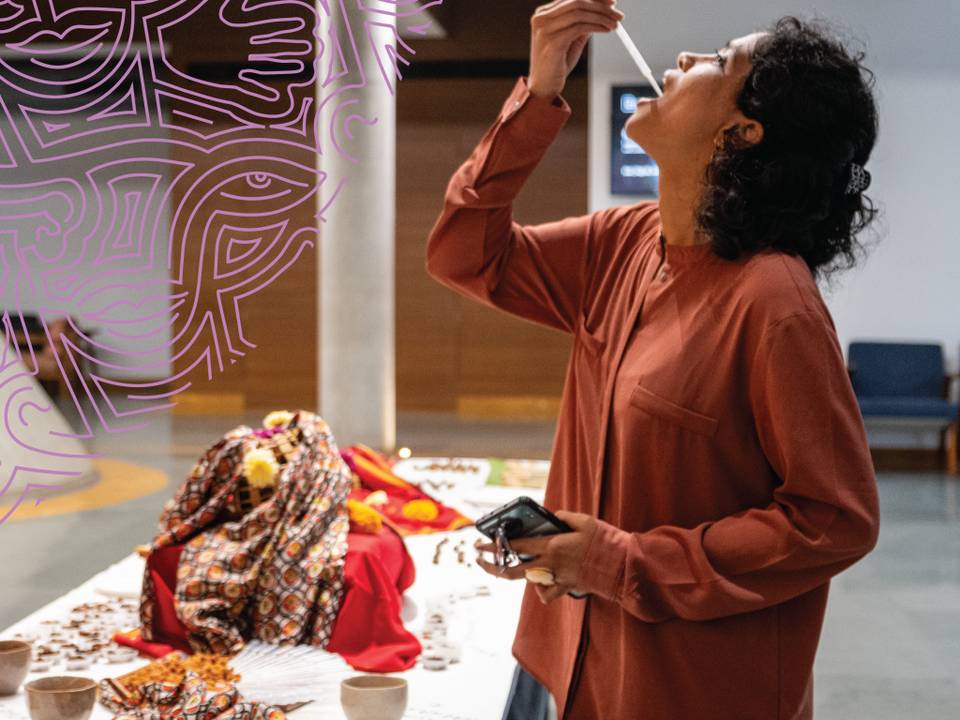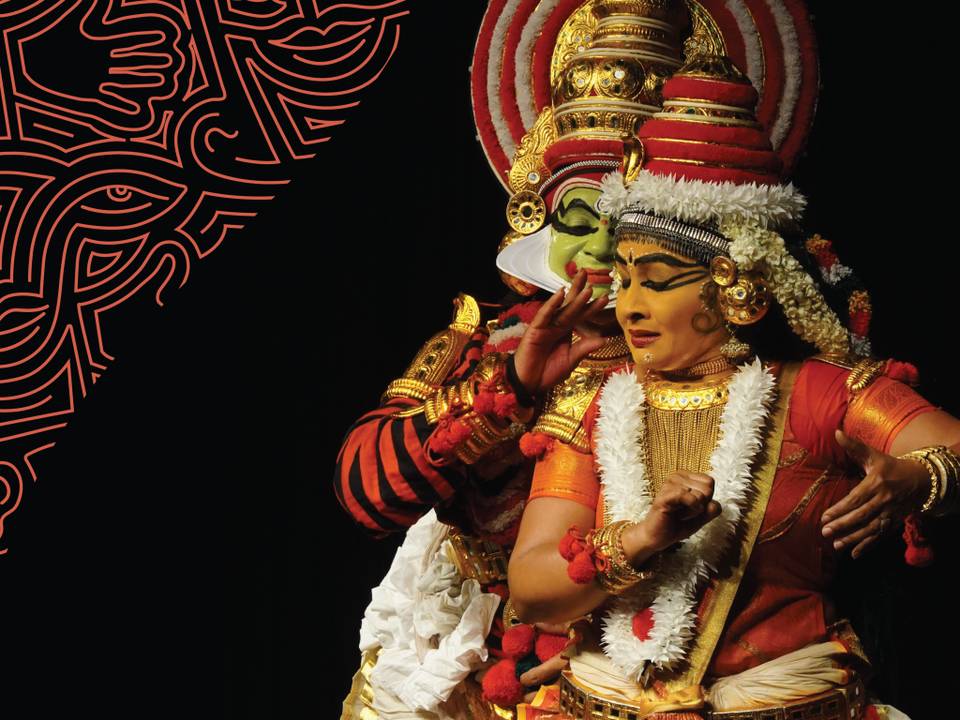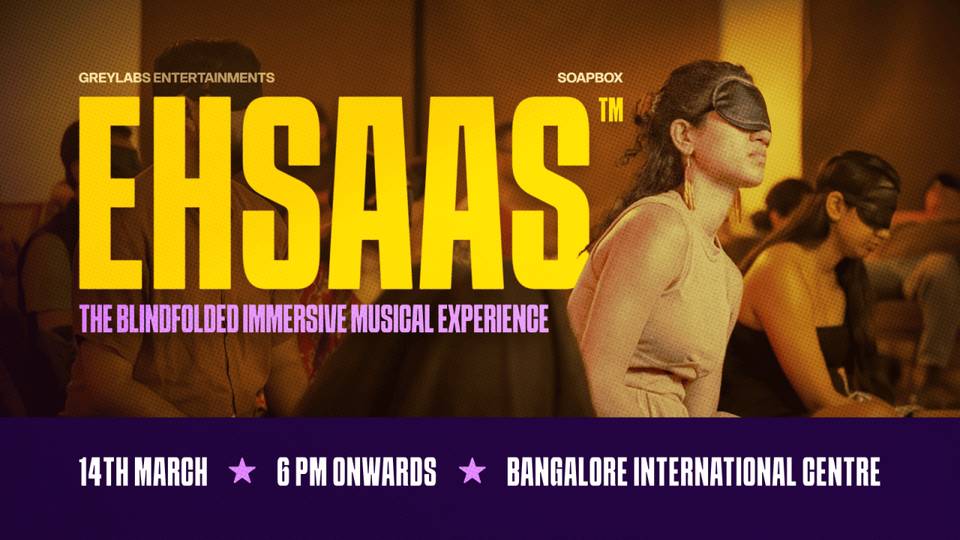Muslims on the Margin
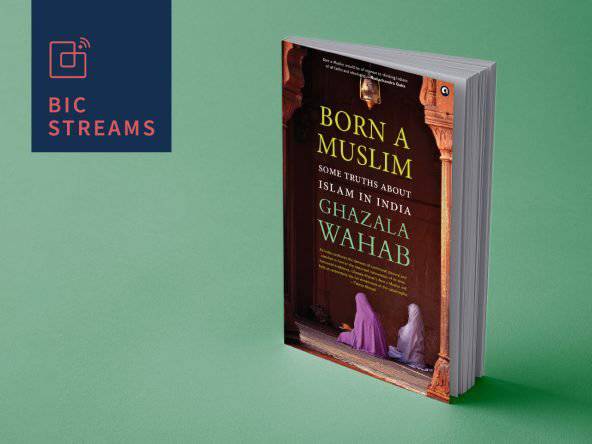
Details
Sep 08 2021 to Sep 08 2021 7 p.m.
EVENT HAS ENDED
Where
Bangalore International Centre
7 4th Main Rd, Stage 2, Domlur 560071
Event Description
While several governments instituted commissions have repeatedly pointed out that socially and economically, Muslims are among the most backwards of communities in India, in the last several years, a sense of pervasive fear is being perpetrated on the community to ensure that they voluntarily cede whatever mainstream space they have come to occupy. Lynching is an extreme example of this. A more commonplace example is widespread targeting of Muslims tradespeople in north and central India. This is being done in multiple ways, both organised and unorganised. In the organised way, the government agencies frequently harass Muslim SMEs for not meeting the regulations on pollution, quality control etc., forcing them to frequently bribe the bureaucratic pyramid to keep the business running. This either eats into their profits or makes their pricing non-competitive. In both cases, the earning ability suffers. In the unorganised way, Hindu business people are warned against hiring Muslim workers. Muslim vendors/ salespeople are threatened with violence if they plied their wares in Hindu areas. In some cases, violence is employed to set an example.
A consequence of all of this is further shrinking of Muslims from the national mainstream.
Speakers
Ghazala Wahab
Author & Journalist
Ghazala Wahab started FORCE in August 2003 along with Pravin Sawhney. She is co-author Dragon on our Doorstep: Managing China Through Military Power (with Pravin Sawhney) and author, Born a Muslim: Some Truths About Islam in India. She writes on issues like homeland security, terrorism, Jammu and Kashmir, Left-Wing Extremism and religious extremism, in addition to defence industry.
Rajmohan Gandhi
Author & Historian
Author of more than a dozen books, Rajmohan Gandhi is a historian and biographer involved in efforts for trust-building and reconciliation.
He currently serves as Research Professor at the College of Education, University of Illinois at Urbana-Champaign.From 1997 to 2012, he was part of this university’s Center for South Asian and Middle Eastern Studies.
Rajmohan’s latest book, published in December 2018, is Modern South India: A History from the 17th Century to Our Times. Other books by him include Understanding the Muslim Mind (1987); Gandhi: The Man, his People and the Empire (2008); Punjab: A History from Aurangzeb to Mountbatten (2013); Patel: A Life (1990); and Understanding the Founding Fathers: An Enquiry into the Beginnings of the Indian Republic (2016).
In 2002, he received the Sahitya Akademi Award for his Rajaji: A Life, a biography of Chakravarti Rajagopalachari.
From 1990 to 1992, Rajmohan was a member of the Rajya Sabha, the upper house of the Indian Parliament. Earlier in 1990, he led the Indian delegation to the UN Human Rights Commission in Geneva.
Associated from 1956 with Initiatives of Change (formerly known as Moral Re-Armament), Rajmohan Gandhi served as president of Initiatives of Change International in 2009 and 2010.
Through writing, speaking, public interventions and dialogues he has been engaged for sixty years in efforts for reconciliation and democratic rights.
In the 1960s and early 1970s, he played a leading role in establishing Asia Plateau, the 68-acre centre of Initiatives of Change in the mountains of western India, which fosters dialogue, reconciliation and ethical governance, and is recognized on the Indian subcontinent for its ecological contribution.
During the 1975-77 Emergency in India, he was active for democratic rights personally and through his weekly journal Himmat, published in Bombay from 1964 to 1981.
India-Pakistan and Hindu-Muslim reconciliation have remained his goals. Since 9/11, he has also tried to address the divide between the West and the world of Islam.
Before teaching at the University of Illinois, he served as Research Professor with the New Delhi think-tank, Centre for Policy Research. From 1985 to 1987, he edited the daily Indian Express in Madras (now Chennai).

